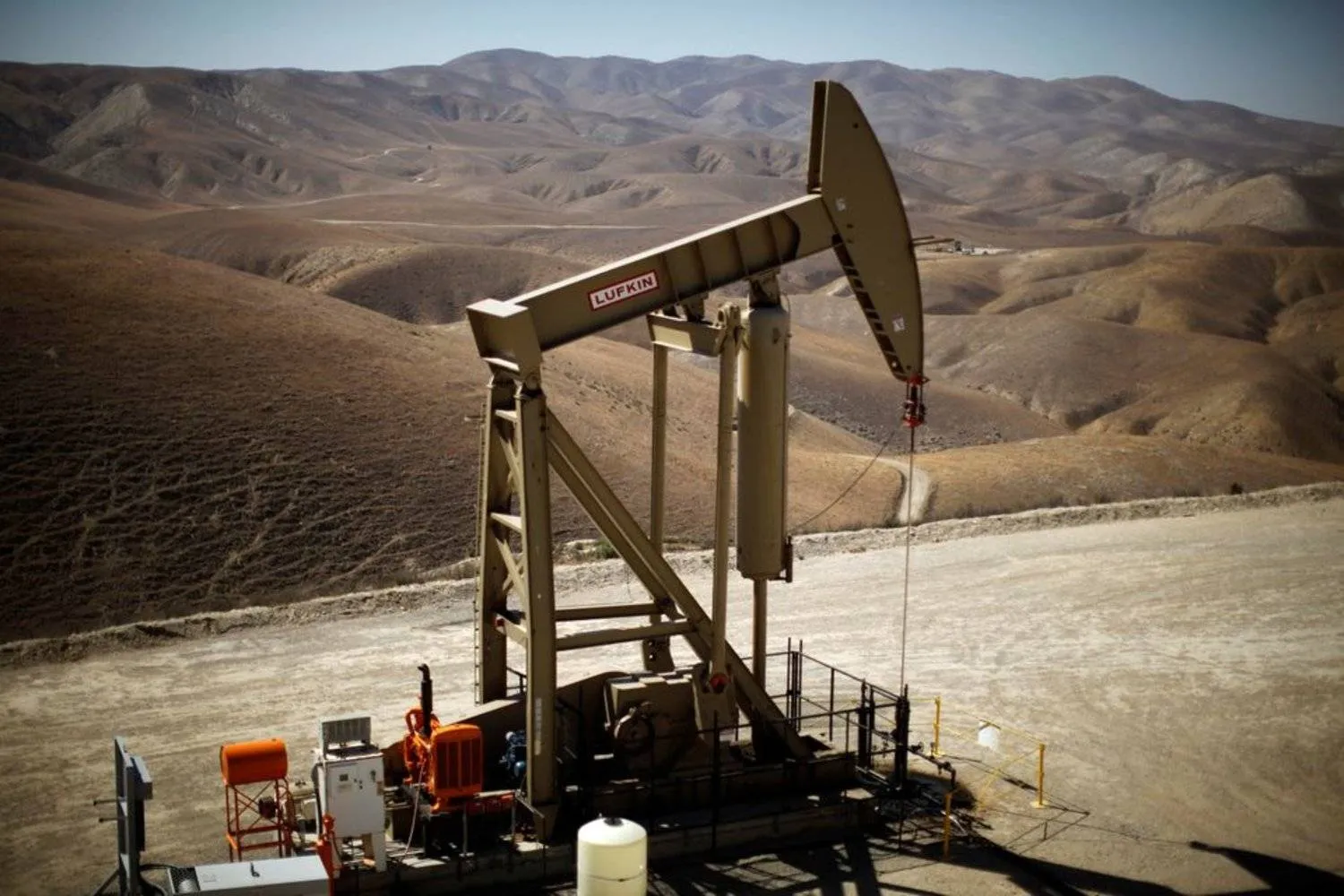Oil prices slipped on Monday, extending losses from the end of last week on expectations of higher OPEC+ production from October while signs of sluggish demand in China and the United States raised concerns about future consumption growth.
Brent crude futures were down 8 cents, or 0.1%, at $76.85 a barrel by 1020 GMT while US West Texas Intermediate crude slipped 11 cents, or 0.2%, to $73.44.
Brent and WTI had lost 1.4% and 3.1% respectively on Friday, Reuters reported
With momentum skewed to the downside, there is a real risk that prices could revisit a range at multi-month lows, said Chris Weston, head of research at brokerage Pepperstone.
The Organization of the Petroleum Exporting Countries (OPEC) and its allies, together known as OPEC+, is set to proceed with planned increases to oil output from October, six sources from the producer group told Reuters.
Eight OPEC+ members are scheduled to boost output by 180,000 barrels per day (bpd) in October as part of a plan to begin unwinding their most recent layer of supply cuts of 2.2 million bpd while keeping other cuts in place until the end of 2025.
There are fears for an even larger jump in production, which could tilt the demand-supply balance even more negatively and apply stronger downside pressure to prices, said Achilleas Georgolopoulos, investment analyst at brokerage XM.
"These stronger production increases could also come at a period when the global economy is probably slowing down, with China continuing to disappoint," he added.
More pessimism about Chinese demand growth surfaced after an official survey showed on Saturday that manufacturing activity sank to a six-month low in August as factory gate prices tumbled and owners struggled for orders.
"The softer than expected China PMI released over the weekend heightens concerns that the Chinese economy will miss growth targets," said IG market analyst Tony Sycamore.
In the US, oil consumption in June dropped to seasonal lows last registered during the COVID-19 pandemic in 2020, Energy Information Administration data showed on Friday.










